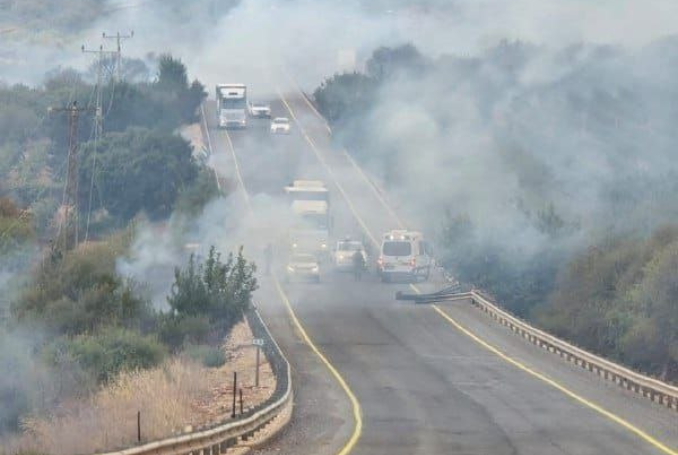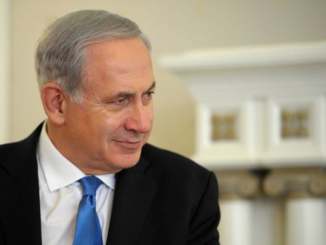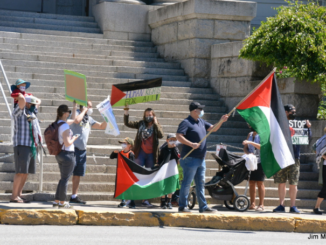
Iranian officials have repeatedly emphasized that while the response to Haniyeh’s assassination might take time, it is certain to happen.
On Wednesday, the operations officer of the Quds Force, a division of the Iranian Revolutionary Guard Corps (IRGC), stated that Iran’s response to the assassination of Ismail Haniyeh over a month ago in Tehran would be unique, with its timing and method kept undisclosed, Al-Jazeera reported.
The official noted that Iran’s retaliation would depend on circumstances favorable to achieving its objectives and that this response could be delayed until the appropriate conditions are met.
Iranian officials have repeatedly emphasized that while the response to Haniyeh’s assassination might take time, it is certain to happen.
The United States has, in recent weeks, deployed naval forces, including an aircraft carrier, in anticipation of a potential Iranian strike.
In an interview with Iranian media, Deputy chief of IRGC Quds Force Operations Mohsen Chizari says that 'Resistance structures' are being strengthened in the West Bank and are successfully emerging despite Israel's attempts to prevent their formation. pic.twitter.com/XPjCdCddjP
— Sam (@sonofnariman) September 4, 2024
Iran holds Israel responsible for the assassination of Haniyeh, the head of Hamas’ political bureau, at his Tehran residence, with investigations confirming there was no internal betrayal involved.
In April, Iranian forces launched hundreds of missiles and drones targeting Israel in retaliation for the attack on its consulate in Damascus and the deaths of Iranian military advisors.
Northern Front
At the same time, the Lebanese movement Hezbollah announced that it had launched attacks on Israeli positions, while Israeli fire crews worked to control fires caused by rocket strikes in the Upper Galilee.
According to Israeli Army Radio, over 60 rockets were fired from Lebanon on Wednesday morning.
Hezbollah confirmed that it had shelled Israeli military positions in Beit Hillel and Dishon, and reports indicated that rockets were fired from southern Lebanon towards Israeli sites in Upper Galilee.
Al-Jazeera reported Israeli airstrikes targeting areas in southern Lebanon, including raids near the towns of Qabrikha and Kounine, following earlier strikes on Tuesday that hit multiple towns.
Lebanon's Hezbollah fires a barrage of rockets at northern Israeli town of Kiryat Shmona pic.twitter.com/XPBLGD53tA
— TRT World Now (@TRTWorldNow) September 4, 2024
In response, Hezbollah has continued to target Israeli military sites and settlements, including bombing Western Galilee in northern Israel with Katyusha rockets.
This escalation followed an Israeli raid on a vehicle in Naqoura, southern Lebanon, which killed two people on Tuesday.
Hezbollah has also claimed responsibility for shelling Israeli forces in the Adather Heights and launching rockets at the Ramtha and Zabadin sites in the Kfar Shuba Hills and the Shebaa Farms, reporting direct hits.
Heightened Tensions
Since the start of the Israeli war on Gaza, on October 7, the Lebanese movement Hezbollah has engaged directly, but relatively in a limited way in the war against the Israeli occupation.
According to Hezbollah sources, the movement has carried out 1,194 military operations in the first 250 days of war, killing and wounding over 2,000 Israeli soldiers.
Israel has occupied parts of Lebanon for decades and has only left the country in 2000, following stiff Lebanese resistance under Hezbollah’s leadership.
It attempted to re-occupy Lebanon in 2006 but failed in what Lebanon considers a major victory against Israel.
Israel, however, continues to occupy parts of Lebanon, namely the Sheeba Farms region.
Hezbollah has vowed to recover every inch of Lebanon that has been occupied by Israel contrary to international law.
(PC, AJA)








